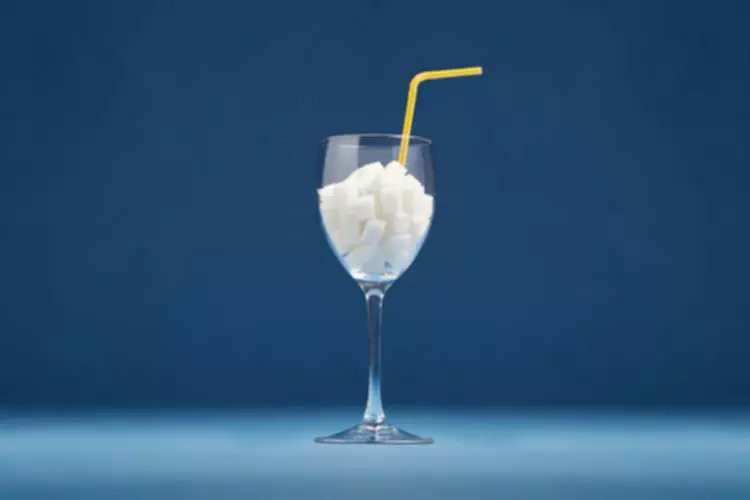
Excessive caffeine consumption can disrupt sleep patterns, further contributing to anxiety. Opting for herbal teas or decaffeinated beverages can provide hydration without the stimulating effects of caffeine. Increased irritability or mood swings may emerge, affecting relationships and daily interactions. Difficulty concentrating or focusing on tasks is another typical sign. Some people experience a heightened startle response, becoming easily frightened by sudden noises or movements. People who have survived traumatic events may be sensitive to certain situations that feel reminiscent of past experiences, triggering a fight-or-flight response.
- In some cases, people with certain mental health conditions, such as anxiety or panic disorder, might develop an unhealthy relationship with alcohol.
- As the initial calm feeling fades you can feel anxiety as the effects of the alcohol wear off.
- “Hangxiety” describes the regret, worry, and levels of anxiety felt after a night of heavy drinking.
- As your body is pumping out blood to important organs and large muscle groups to aid in your fighting (or running away), your heart will work overtime.
- By clicking “Submit,” you certify that you have provided your legal name and phone number, agree to the terms and conditions and privacy policy, and authorize Addictionresource to contact you.
- Individuals may feel short of breath or as if they’re choking, leading to an intense feeling of suffocation.
- The withdrawal period normally peaks 72 hours after the blood alcohol level drops.
Managing conditions
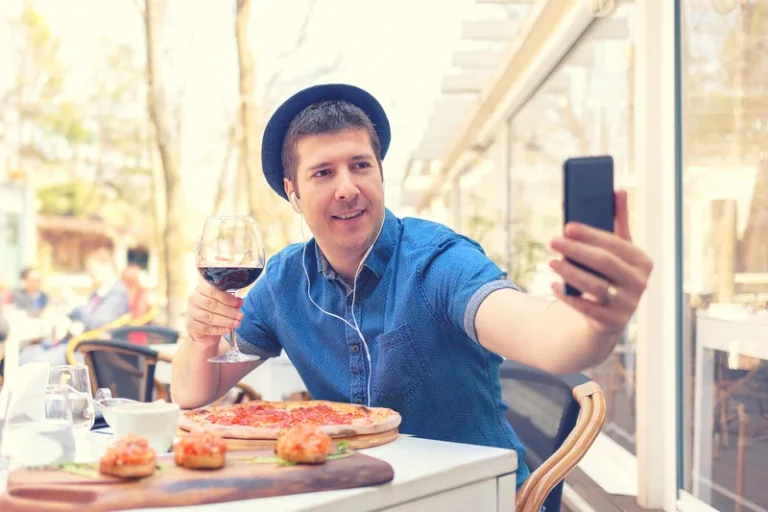
But trying to relax with a drink or two may not give you the long-term anxiety relief you want. If you or someone you love is experiencing alcohol related anxiety, there are ways to cope. Drinkaware UK provides some useful online tools to help you to reduce your alcohol intake. It is also recommended that you consult your GP if you are concerned that you have a drinking problem. Excessive consumption of alcohol causes dehydration, which can make you feel dizzy and increase your heart rate. Alcohol is a diuretic, which means that it causes excessive expulsion of liquid from the body via urination.
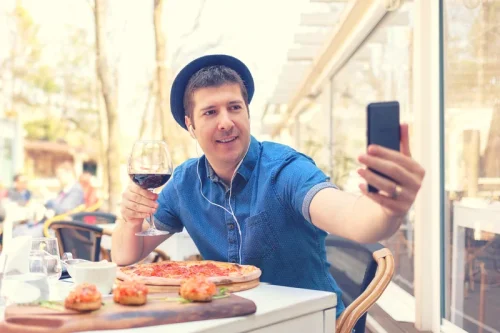
Step 2 – reduce
- We tend to pair up our vices, and not only drink alcohol but also eat highly dense, problematic foods.
- For most patients, Talkiatry treatment is just as effective as in-person psychiatry (American Psychiatric Association, 2021), and much more convenient.
- According to survey results, this “hangxiety” is a hangover symptom for approximately 22% of people under the age of 30 years.
- Using alcohol to cope with social anxiety disorder can be dangerous.
- Dizziness or lightheadedness may occur, especially when standing up quickly.
Diet, hydration, and caffeine consumption play crucial roles in how alcohol affects anxiety levels. These factors can either exacerbate or mitigate alcohol-induced anxiety symptoms. As individuals continue to use alcohol to cope with anxiety, they may develop tolerance. This means they need to consume more alcohol to achieve the same calming effect. Increased tolerance can lead to a cycle of escalating alcohol consumption. Alcohol is often used as a coping mechanism for anxiety, but this approach carries significant risks.
- Walking can remove a person from a stressful environment, and the rhythm of walking may also help them regulate their breathing.
- Additionally, symptoms of anxiety will still be lurking around the corner as the underlying triggers have not been properly addressed and treated.
- Alcohol withdrawal can cause severe symptoms due to these neurochemical imbalances.
- Moving around releases hormones called endorphins that relax the body and improve mood.
How to Stop Panic Attacks After Drinking
Panic attack symptoms, like chest pain, difficulty breathing, dizziness, trembling, and a racing heart, are caused by an overreaction of the sympathetic nervous system. The symptoms of a panic attack peak within a few minutes but may feel like they last an eternity. In some cases, panic attack symptoms are so severe they mimic a heart attack. Chest pain is one of the most distressing symptoms of panic attacks. Panic attacks are often mistaken for heart attacks due to chest pain symptoms.

Many people turn to alcohol as a form of self-medication for anxiety symptoms, seeking temporary relief from worry and stress. If someone suffers from alcohol use disorder (also panic attack from drinking known as alcoholism or alcohol dependence), quitting alcohol must be a priority. Alcohol can cause several long term health issues, in addition to some of the personal challenges that come from the disorder. Please review the linked description of alcohol use disorder, and if you need help, review this link for treatments and resources. While alcohol can make your panic attacks worse, alcohol itself doesn’t cause panic attacks on its own. In other words, even if you stop drinking alcohol, you are likely still going to have panic attacks – you simply won’t have alcohol triggering them.
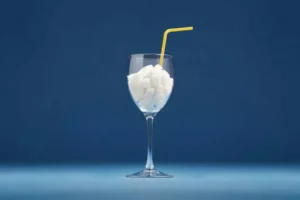
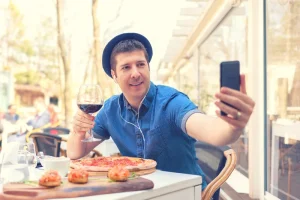
Still, it’s not an effective treatment by any stretch of the imagination. The UK-based Priory Group explains that people who suffer from panic attacks might be tempted to pick up the bottle in an attempt to numb anxious thoughts that could lead to more attacks. What’s even worse is that long-term drinking to stop anxiety can cause long-term damage and leave you physically and psychologically dependent on alcohol. Yes, it’s possible to have a panic attack after drinking alcohol, particularly if you’re prone to anxiety. Alcohol can affect neurotransmitters in the brain and lower inhibitions, potentially triggering or exacerbating panic symptoms. If you’re experiencing panic attacks after drinking, consider limiting alcohol intake and seeking support from a healthcare provider.